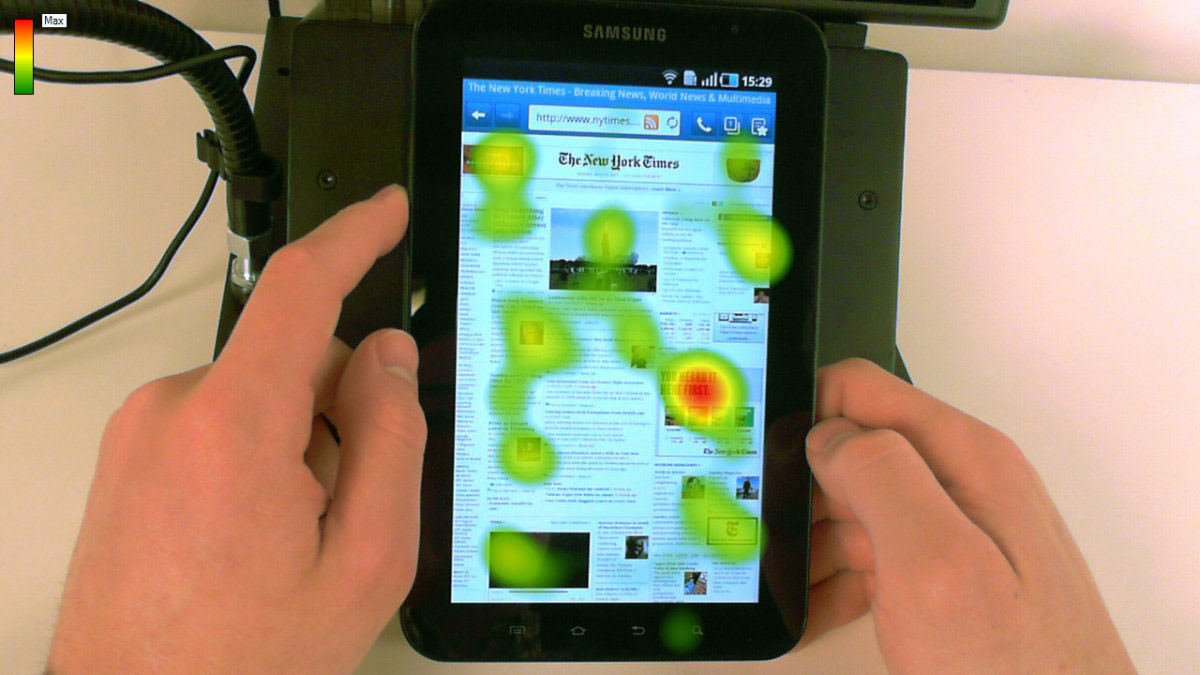Our Projects
Our Projects
In SCoDis we carry out research in several main directions, going beyond traditional linguistics into the social and cognitive sciences.
Firstly, we focus on research in gender linguistics. The Gender laboratory was founded in 2000 to carry out projects on gender identity and gender stereotypes in different languages and cultures.
By now the range of socially oriented topics has expanded and includes relations between institutional settings, social status, identity, and age and the use of discourse.
 Our second subject of study is the distribution of attention in discursive activity. This involves research on lexical, syntactic and pragmatic means of focusing and defocusing and on the general attentional processes involved. Analyzing texts, we concentrate not only on linguistic but also on visual-graphic means of focusing, via photos, pictures and videos. We conduct experiments using eye-tracking technology to analyze the distribution of attention while reading and viewing texts and images.
Our second subject of study is the distribution of attention in discursive activity. This involves research on lexical, syntactic and pragmatic means of focusing and defocusing and on the general attentional processes involved. Analyzing texts, we concentrate not only on linguistic but also on visual-graphic means of focusing, via photos, pictures and videos. We conduct experiments using eye-tracking technology to analyze the distribution of attention while reading and viewing texts and images.
The third field of our research is multimodality in communication, and particular, the use of spontaneous gestures while speaking. Most recently, the PoliMod Lab has brought together researchers from different countries to carry out experiments on Russian, German and French to analyze how speakers integrate the use of gestures with their speech. Such an approach has enabled us to see the differences in verbal and co-verbal means of expressing event construal across languages through the use of different tense and aspect forms in speech and different movement qualities in gestures.
Sign language is yet another field of research we are particularly interested in. Special attention is being paid to evaluation strategies in sign languages, parts of speech in signs, models of sign language translation, and the role of sign language use in bilinguals’ brain plasticity.
Research in these areas is also being conducted by students and young scholars as part of thesis projects, leading to MA and PhD degrees as well as the Russian doctoral (Habilitation) degree.
